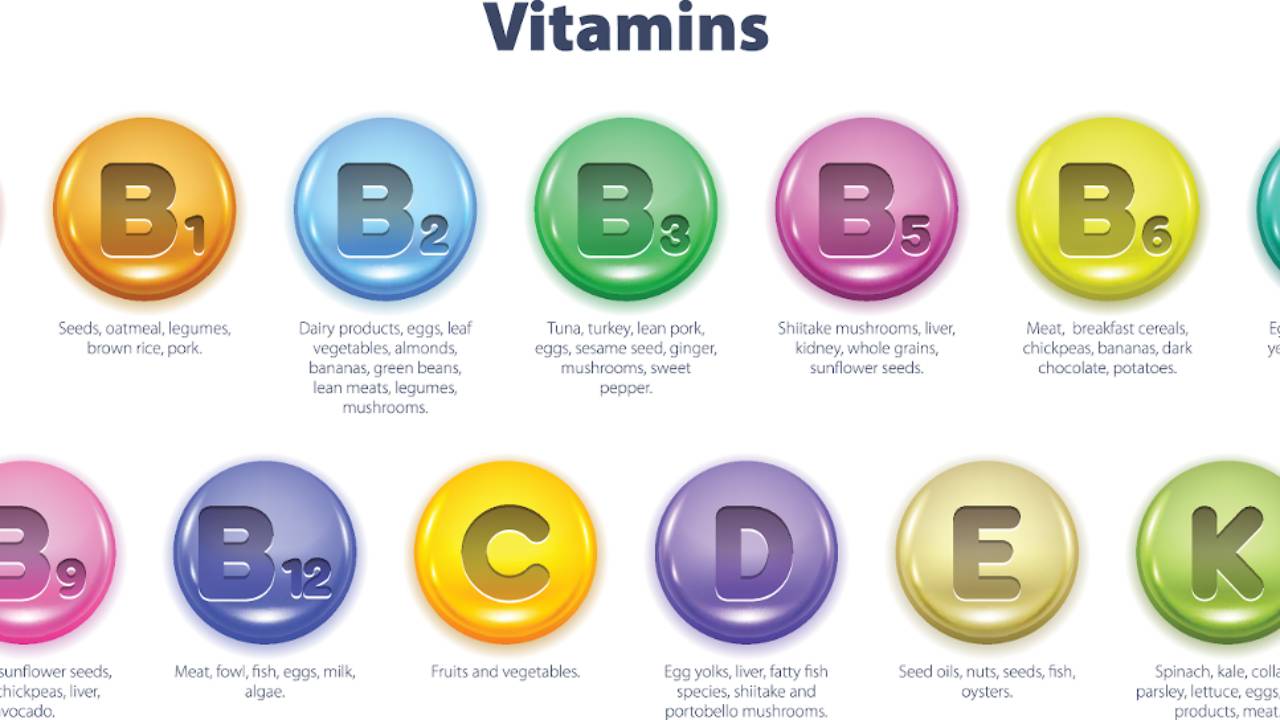Do I need Vitamins?
Jul 17, 2023
Do I need Vitamins?
Written by Sandeep Singh, MD FACC in Prevention of Heart Disease

Many of us feel as though we need to take a multivitamin or other handful of vitamins every day in order to remain healthy. But the reality of it is, if your diet is “healthy” and you exercise, then you’re probably wasting your money.
Most people take vitamins for a reason. If your diet is full of vegetables and fruits then a multivitamin is probably not necessary. I have many patients who take a bucket full of vitamins. Each treating a different potential concern. Some of the most commonly purchased vitamins they take include the following (not an inclusive list):
|
Vitamin A |
Calcium |
|
Vitamin B |
Iron |
|
Vitamin C |
Magnesium |
|
Vitamin E |
Potassium |
|
Vitamin K |
Selenium |
|
Vitamin B Complex |
Zinc |
|
Multivitamin |
Chromium |
Do vitamins make you healthier?
If you have a particular vitamin deficiency, such as Vitamin B12 deficiency, then yes, absolutely, it will help treat an important condition. If you’re on a diuretic for hypertension or other condition, then yes, potassium supplementation may be beneficial. If you are anemic, and are iron deficient, then taking an iron supplement will indeed be beneficial.
Most people, however, don’t have the above conditions, yet often take these supplements to try and prevent them. When not diagnosed with a particular deficiency, taking vitamins may be linked with more harm than good. In a study published by the Journal of the American College of Cardiology, the use of vitamins was not associated with any reduction in death from heart disease.

Vitamins are divided into water-soluble and fat-soluble categories.
- Water-Soluble Vitamins
- Vitamin B1 (thiamine)
- Vitamin B2 (riboflavin)
- Vitamin B3 (niacin)
- Vitamin B5 (pantothenic acid)
- Vitamin B6 (pyridoxine)
- Vitamin B7 (biotin)
- Vitamin B9 (folate)
- Vitamin B12 (cobalamin)
- Fat-Soluble Vitamins
- Vitamin A
- Vitamin D
- Vitamin E
- Vitamin K
Is it possible to take too many vitamins?
Water soluble vitamins are not stored in the body, rather they are eliminated from the body. As a result, it is very difficult to overdose on the water-soluble vitamins, though not impossible. Remember, too much of anything, is usually a risk. For example, although it is not possible to take too much niacin (Vitamin B3) when it exists in niacin-rich foods, it is possible to cause niacin toxicity when taking it in vitamin form. Too much niacin has been associated with liver damage and risk of stroke. High doses of vitamin C can cause gastrointestinal upset as well as migraines. Too much vitamin B6 (pyridoxine) can cause neurologic issues, while excess vitamin B9 (folate) can harm mental and immune function.
Fat soluble vitamins, on the other hand, are easily absorbed and stored in your body and can build up over time causing toxicity. It is much more likely to experience the toxicities of these fat-soluble vitamins given they are stored in places like your liver.
Vitamin A toxicity (also known as Hypervitaminosis A) can lead to rashes, nausea and in its most severe form, coma.. Vitamin D excess can cause elevated blood calcium levels as well as weight loss and irregular heart rhythms. Too much vitamin E can lead to bleeding, and when chronically used can lead to a higher risk of cardiovascular events.
When not diagnosed with a particular deficiency, taking vitamins may be linked with more harm than good.
Can you die by taking too many vitamins?
In a word, YES. Although it’s rare, you can cause death by taking too much of a particular vitamin.
Vitamin A – If taken in more than 10 times the normal amount chronically or in one large acute dose, it can cause fatal organ damage.
Vitamin D – Although many use this to treat commonly seen Vitamin D deficiency, it can be harmful if taken in excess. It can cause elevated calcium levels which can cause a lethal heart arrhythmia. When taken in prescribed doses then it’s generally safe.
More than 5 grams of niacin has been associated with acute liver failure causing death.
In rare cases, taking too much of any vitamin has been associated with a fatal outcome
– Dr. Singh
Does taking Vitamin C or E result in longer life or greater health?
The Physicians Health Study II, in the Journal of the American Medical Association reported that supplemental vitamin C (500 mg/day) or vitamin E (400 IU) did NOT reduce the incidence of heart attacks, strokes; deaths from cardiovascular disease, the risk of prostate or total cancers; nor death from cancer in a large group of U.S. male physicians over a ten-year period.
The National Health and Nutrition Examination Survey (NHANES)
Is it safe to take a daily multivitamin?
Although there may be no clear benefit in taking a multivitamin for the majority of the population, there does not appear to be any obvious harm. I personally believe that much of the hype around vitamins has come from the vitamin industry. In the same way Hallmark is likely behind the holidays of recent past (Siblings day, Sweetest day, Boss’s day, etc….) in order to hype the selling of more cards, vitamins tend to be pushed by the vitamin industry. We are a capitalistic society. Some people do say that they feel better taking a multivitamin, while others state their diets are lacking in fruits and vegetables and vitamins help bridge the gap of their perceived nutritional deficiency. Although there is no strong scientific evidence to do so if you want to take a multivitamin, feel free.
“Make no mistake, though. When contemplating supplementing your diet with vitamins, there is no replacement for Mother Nature. You just cannot synthesize health in a test tube, put it into a pill, and think that it will come close to what natural foods provide us with.”

Bottom Line on Vitamins
Although there doesn’t seem to be much harm in taking a multivitamin every day, there also doesn’t seem to be much of a benefit either.
Save your money and go buy more vegetables and other high quality foods rather than vitamins (unless they’re prescribed by a healthcare provider).


